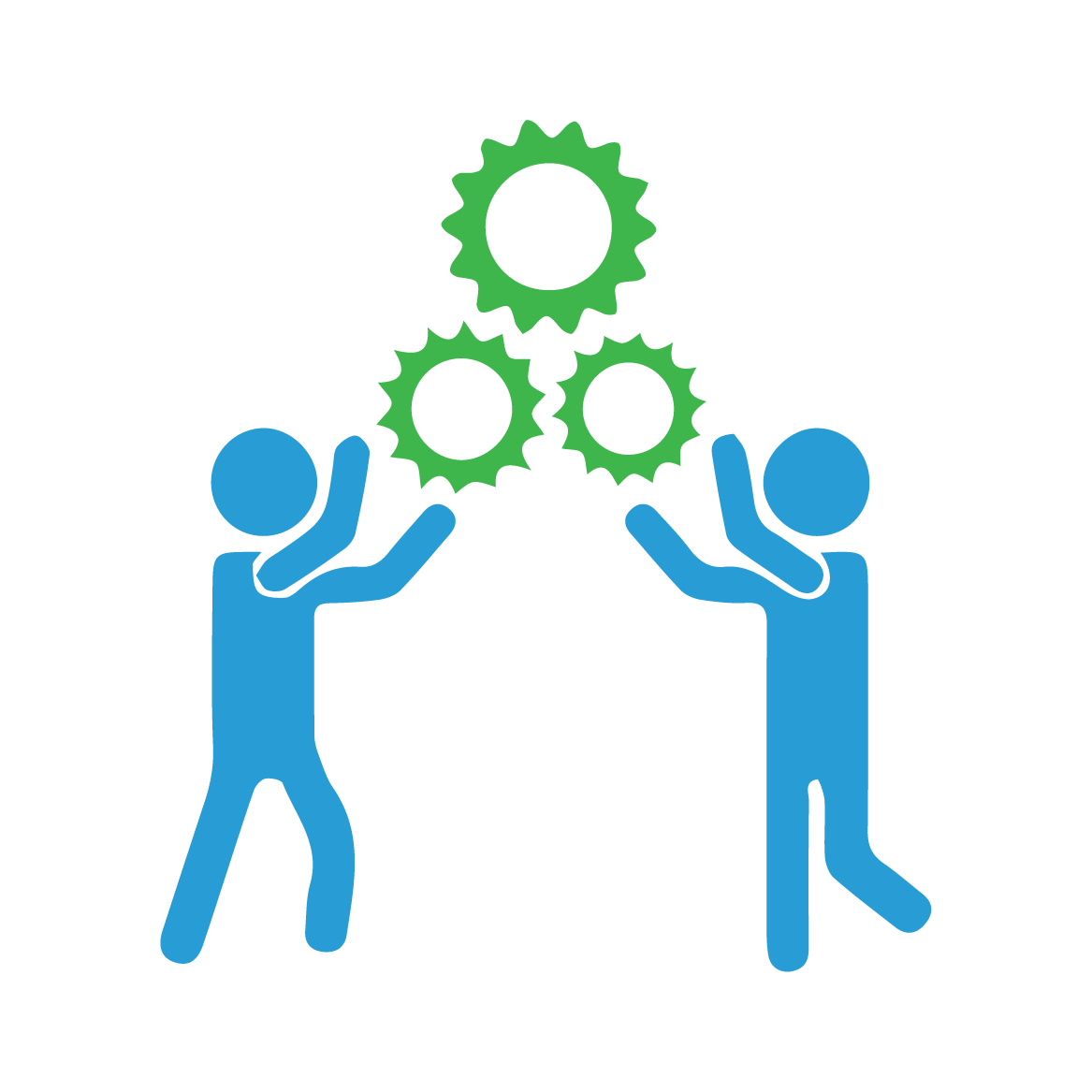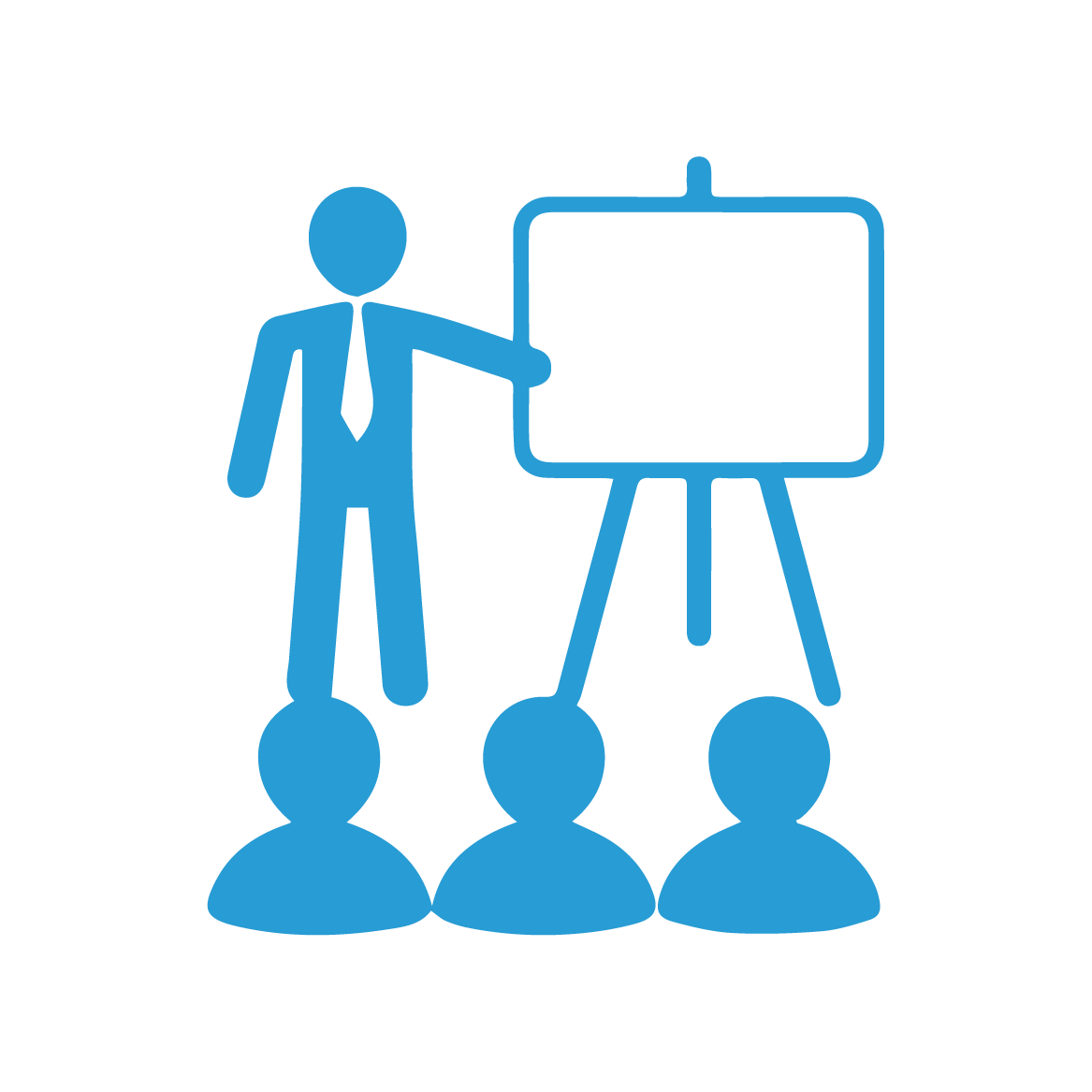Anyone who delivers instruction in a corporate setting should pursue the Train the Trainer certification
Critical thinking and problem solving
critical thinking skills because they allow them to “deal effectively with social, science, and practical problems.” Simply put, students who can think objectively are better able to solve problems. It’s not enough to have expertise or information
Personal Effectiveness
Personal effectiveness is described as making the best use of your time and the resources available to you in order to perform at your best in your workplace. As a result, you will be exceptional at achieving your objectives
Leadership and Time management
Successful leadership is based on time management. Schedule one-on-one meetings with your team once a week, often to focus on development and other time to listen to what they share. They can provide a significant value
Leadership and Management Styles
Leaders and managers serve as coaches to their teams, motivating, encouraging, and guiding them to higher outputs and efficiencies. Coaching executives strike a balance between authoritative leadership styles. They make their own choices, but with input from the community
Building and managing team to gain success
The most important aspect of teamwork is effective communication, which entails regularly updating each person and never believing that everyone has the same information. Being an effective communicator also entails being an effective listener
Managing staff motivation
Employee motivation is described as the process of energising, guiding, and maintaining an employee’s efforts. A driven team should be energised and enthusiastic about their work
Effective presentation skills
An effective presentation is keeping good eye contact, demonstrate a varied vocabulary and adapt your language to your audience, listen effectively, present your ideas appropriately, write clearly and concisely, and work well in a diverse group of people.
Lifelong learning in the changing context
All learning activity undertaken during life with the aim of developing knowledge, skills, and competencies through a personal, civic, social, and/or employment-related perspective, according to a conventional concept of lifelong learning









